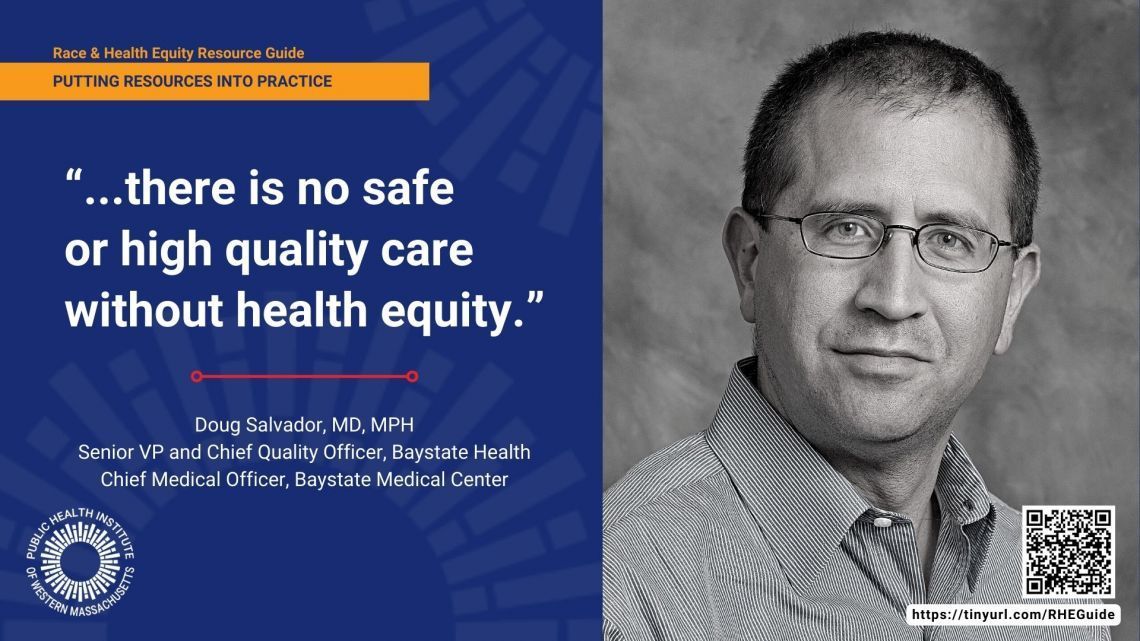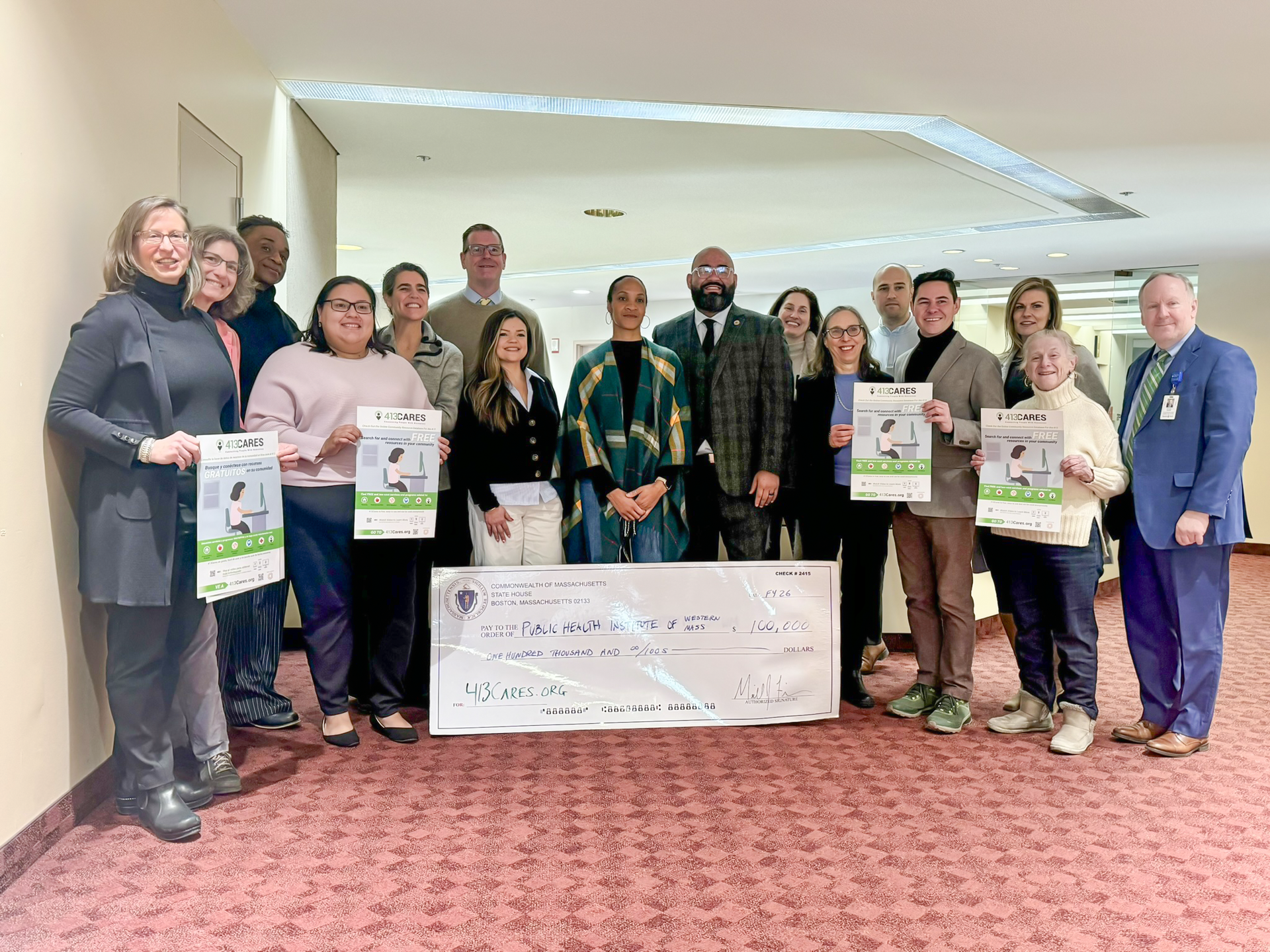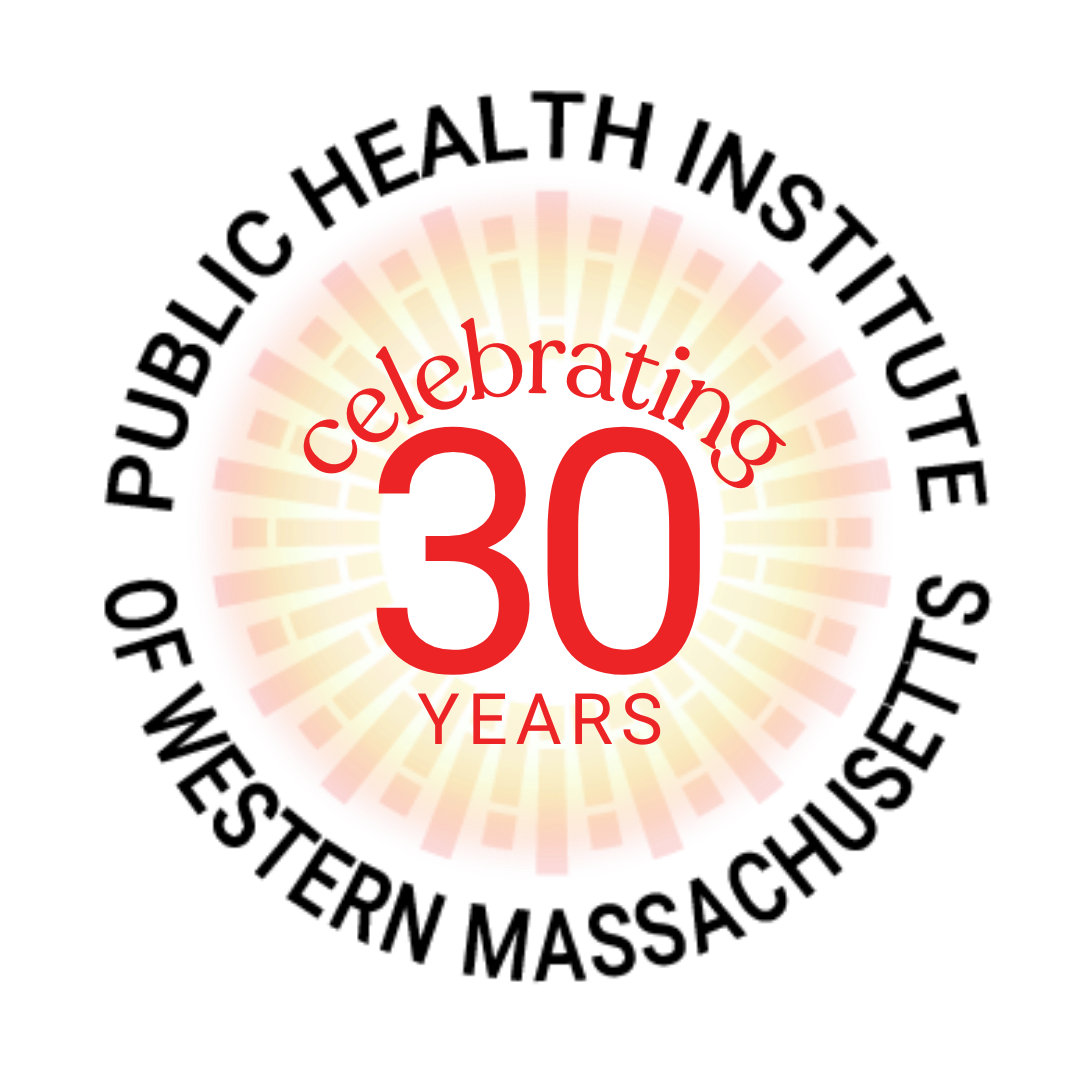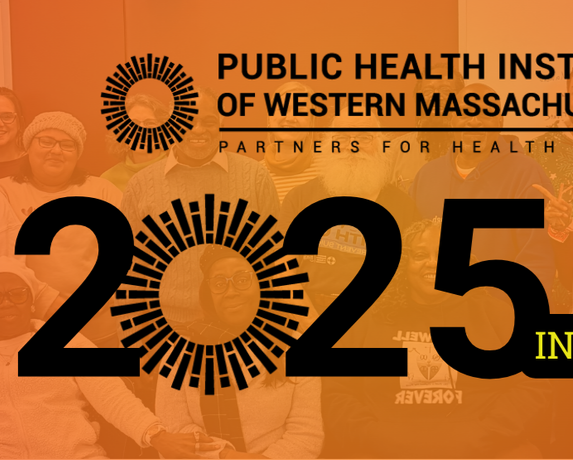"...there is no safe or high quality care without health equity.”

Doug Salvador, MD, MPH is Senior Vice President and Chief Quality Officer at Baystate Health, and Chief Medical Officer at Baystate Medical Center. He also serves on PHIWM's Board of Directors.
"As a leader responsible for the safety and quality of care delivered at Baystate Health, my background is in medicine, healthcare delivery, safety science, and process improvement methods. It is only relatively recently that healthcare became aware of the reality that there is no safe or high quality care without health equity. We want to change so many things right away and there is so much for us to learn. We are now reporting on health outcomes by race, ethnicity, disability, and other factors at our local level and don’t always know what to do when we see disparities. The Race and Health Equity Resource Guide has helped me quickly find evidence-based and high quality content to catch up as we do this work. Local data such as the PHIWM Springfield Health Equity Report helps others understand the magnitude and reality of the problem right here. Articles like 'Countering the Production of Health Inequities: A Framework for Emerging Systems to Achieve an Equitable Culture of Health' help us understand how health inequities have been produced and what action steps are necessary and feasible to break down the structural racism and bias to reverse them. I encourage everyone interested in learning and making a difference in health equity to peruse the resource guide. I know you will find valuable information that will help you achieve your goals."
Visit the Race and Health Equity Guide to see resources and learn how other people in the region are working to advance race and health equity.
share this
Related Articles




